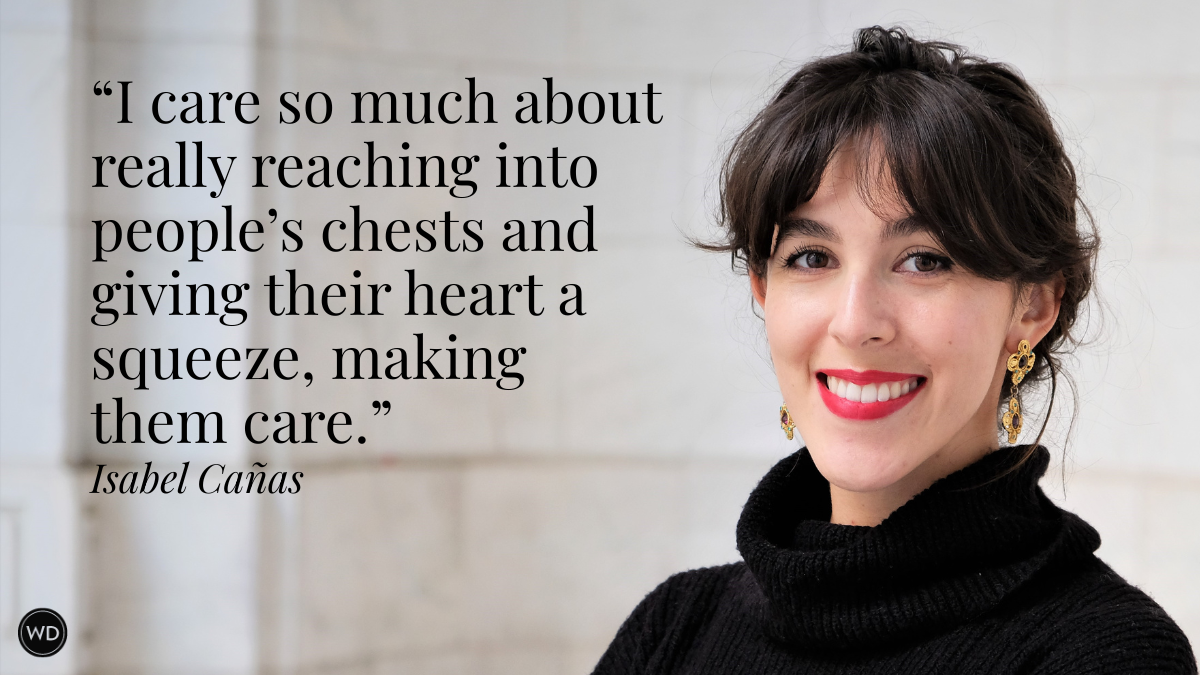Heather Aimee O’Neill: On Writing About Inherited Grief
In this interview, author Heather Aimee O’Neill discusses the process of writing her new upmarket fiction, The Irish Goodbye.
Heather Aimee O’Neill is a poet, a teacher, and the assistant director of the Sackett Street Writers’ Workshop. She lives in Brooklyn with her wife and two sons. Follow her on Instagram.
In this interview, Heather discusses the process of writing her new upmarket fiction, The Irish Goodbye, finding creative writing time in a busy schedule, and more.
Name: Heather Aimee O’Neill
Literary agent: Sharon Pelletier / Dystel, Goderich & Bourret
Book title: The Irish Goodbye
Publisher: Henry Holt
Expected release date: September 30, 2025
Genre/category: Upmarket Fiction
Previous titles: Poetry collections: Memory Future and Obliterations
Elevator pitch: The Irish Goodbye is about three sisters who return home for Thanksgiving on the North Fork of Long Island. When the oldest invites an unexpected guest from their past, the family is forced to finally confront a tragedy that’s haunted them for decades.
What prompted you to write this book?
I’ve always been drawn to stories about family fault lines, and I wanted to write about how grief shapes us—what we inherit, the secrets we carry, and the silences that linger after a loss. But most of all, I wanted to write about how we find ways to heal and move forward even when it’s hard.
How long did it take to go from idea to publication? And did the idea change during the process?
It took about five years from the time I started writing to publication. I’m a teacher and independent editor—plus a mom!—so finding time for my own creative work could be challenging. My strategy was to write on Thursdays for the entire day and try to catch a few hours on the weekends. It adds up. The idea for the book definitely changed along the way. I started writing about a family who experienced a loss on September 11, but that began to feel too personal. When I shifted the source of trauma in the family, the story opened up, and I could finally see how the past was shaping and limiting their lives now. Once that happened, the writing really began to flow.
Were there any surprises or learning moments in the publishing process for this title?
One thing I’ve been surprised by is how many people put their hands on a book to bring it to life. Writing is very solitary, but the publishing process is so collaborative. I feel extremely lucky to have such a smart and supportive team—from my agent to everyone at Holt—guiding me through this part of the journey.
Were there any surprises in the writing process for this book?
I’d tried writing other novels before, but I always struggled with plot. As a poet, I paid more attention to the language than the story itself. Once I started editing other writers, I could finally see why and how plot really does matter (ha). With this book, I was determined to keep that in mind. One of the things that helped me was using an outline. It constantly changed—I thought of it as a living, breathing document—but I used it like a blueprint for building a house. Now I can’t imagine writing a book without one.
What do you hope readers will get out of your book?
I hope readers enjoy the story and maybe see themselves or their families in the Ryans. I hope the story taps into their sense of compassion. I know I’m not alone in longing for more empathy in the world right now, more understanding and forgiveness, and I hope the story and these characters speak to and offer that.
If you could share one piece of advice with other writers, what would it be?
Keep showing up for yourself and your work. If you do that, you give yourself a chance and that’s everything.








